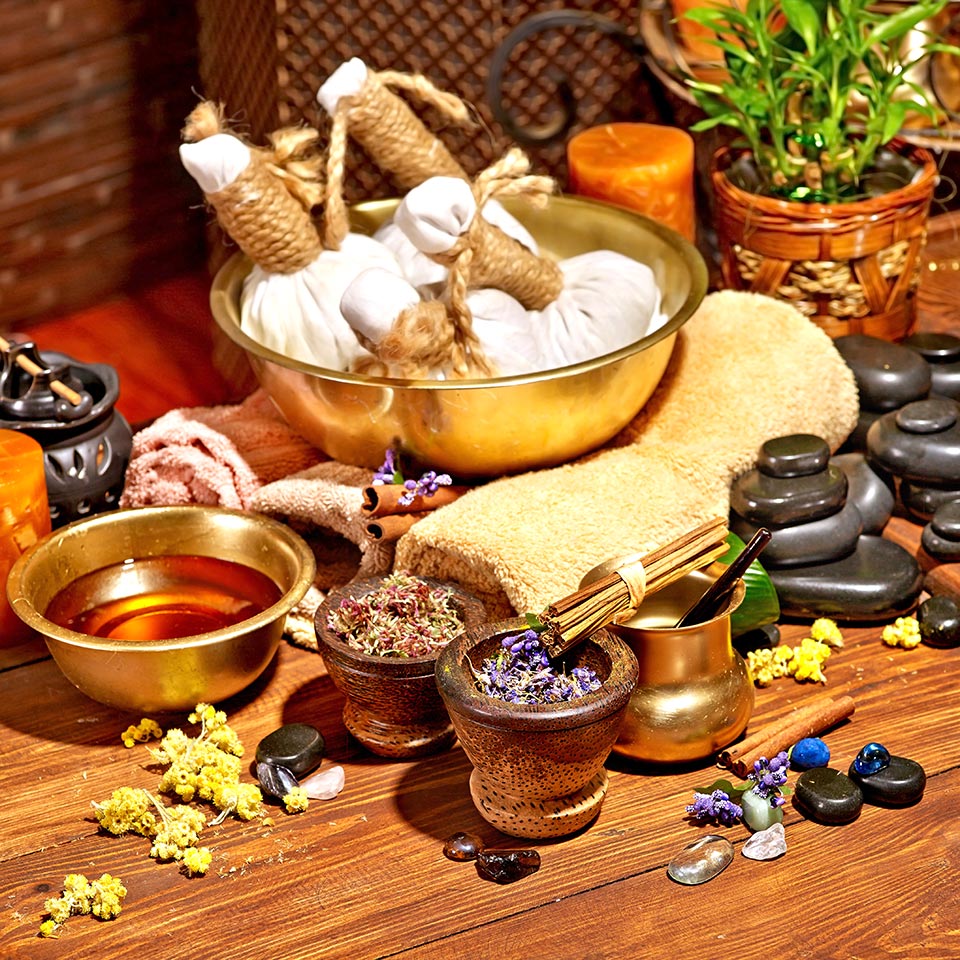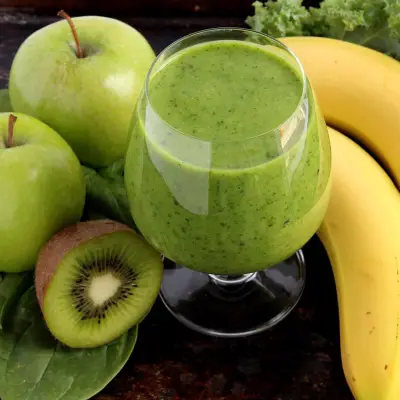In this blog, we’ll define Naturopathy and Homeopathy, two holistic healing practices with unique approaches to wellness. We explore Naturopathy's core principles, emphasising nature's healing power and the importance of treating the whole person, and delve into Homeopathy's distinctive beliefs and the power of minimal doses.
Jump to:
What is Naturopathy?
Naturopathy is a holistic practice that combines various therapies. It emphasises the body's innate ability to heal itself and maintain balance, and aims to address the root causes of health imbalances rather than simply alleviating symptoms.
At the heart of Naturopathy are several core principles:
- Vis Medicatrix Naturae: This Latin phrase translates to "the healing power of nature." Naturopathy believes that the body possesses an inherent ability to heal and maintain health when it’s given the right conditions and support.
- Treat the Whole Person: Naturopathic practitioners consider each individual as a unique entity with physical, mental, emotional, and spiritual dimensions. Treatments are tailored to address the person as a whole, rather than focusing solely on isolated symptoms.
- Identify and Address the Root Cause: It aims to uncover the underlying causes of health issues, such as poor diet, stress, environmental toxins, and genetic predispositions. By addressing the root cause, the body's natural healing processes can be activated.
- Do No Harm: Naturopathic treatments are chosen with the goal of minimising harmful side effects. Natural remedies and interventions are prioritised to avoid causing further harm to the body.
The cliche “You are what you eat” carries a lot of weight in naturopathy. Practitioners often work with individuals to develop personalised dietary plans that are tailored to their specific needs, and they also recommend exercise. Herbal medicine is also a fundamental part of this holistic practice. By harnessing the power of plants, Naturopaths can provide a more natural alternative to conventional medicine, focusing on empowering long-term wellness rather than just suppressing symptoms.
Recommended for you!
Best SellersWhat is Homeopathy?
Founded in the late 18th century by the German physician Samuel Hahnemann, Homeopathy is a holistic approach that also aims to treat the whole person rather than isolated symptoms.
The distinctive principles of Homeopathy are:
- "Like Cures Like": The cornerstone of Homeopathy lies in the principle that a substance that’s capable of producing symptoms in a healthy person can, in highly-diluted forms, stimulate the body's natural healing response to alleviate similar symptoms in an individual who is unwell. This concept is often illustrated with the adage that "similars are cured by similars."
- Law of Minimum Dose: Homoeopathic remedies are prepared through a process of serial dilution and succussion (vigorous shaking). The more a remedy is diluted, the more potent it is believed to become. This principle aligns with the belief that the energetic essence of the substance remains even in highly-diluted forms, influencing the body's vital force without causing harm.
Homeopathy places strong emphasis on recognising and addressing the expression of symptoms in each individual. For example, unlike conventional medicines that are prescribed as a single treatment for a specific condition, Homeopathy tailors treatment to the individual's physical, emotional, and mental state.
Practitioners also believe that imbalances on an emotional and mental level can manifest as physical symptoms. Therefore, by addressing the underlying emotional state, they can help to heal the physical body of its symptoms.
Naturopathy Vs Homeopathy
Both Naturopathy and Homeopathy are holistic approaches to health and can easily be confused with one another.
Similarities
Naturopathy and Homeopathy both share a fundamental belief in the body’s inherent ability to heal. Both approaches view health as a state of balance, and their treatments are aimed at restoring this equilibrium. Natural remedies, such as herbal medicine, are central to both disciplines, emphasising the use of substances like plants to aid healing.
They also both consider the interplay of physical, emotional and mental aspects in health and disease, which aligns with their shared philosophy that true healing addresses the whole person.
Differences
The main differences between these two holistic practices lie in their principles and treatment methods.
As mentioned earlier, Naturopathy's core principles revolve around supporting the body's self-healing mechanisms, identifying root causes of illness, and promoting overall well-being through lifestyle adjustments. Homeopathy, on the other hand, centres around the concepts of "like cures like" and the law of minimum dose, utilising diluted remedies to stimulate the body's vital force.
When it comes to treatment methods, Naturopathy’s approach is eclectic and combines many different natural therapies. Practitioners will choose from many different treatment options - such as diet, herbs, exercise and acupuncture - mixing and matching methods to find the best treatment for the specific individual. Homeopathy is quite different and its treatment primarily involves diluted remedies that are often administered in pellet or liquid form. They are selected based on the person’s symptoms, feelings and body type, so no remedy or dose is the same for multiple people.

Integration with Conventional Medicine
Naturopathy and Homeopathy can potentially complement conventional medical treatments.
The concept of Complementary and Alternative Medicine (CAM) acknowledges that various healing modalities can work in tandem with conventional medical practices to improve well-being. Both Naturopathy and Homeopathy offer non-evasive and natural alternatives that can work in synergy with conventional treatments. While conventional medicine excels at acute care and crisis management, natural healing approaches emphasise prevention and the promotion of health before illness takes hold. By considering these various healing approaches, patients receive a broader spectrum of options that allow them to make more informed decisions. It also enables personalised treatment plans that cater to their individual needs and preferences.
If you're intrigued by the realms of natural healing and are eager to explore more, our Naturopathy Diploma Course offers an enlightening journey into the world of holistic health and natural remedies for just £29 (save £118)! Additionally, for those who are interested in the principles of Homeopathy, our Homeopathy Diploma Course awaits for the same price, guiding you through the intricacies of this unique healing approach. Whether you're aspiring to become a practitioner or are seeking insights into holistic health, these courses open doors to help you understand the power of natural methods and nurture a healthier life!













